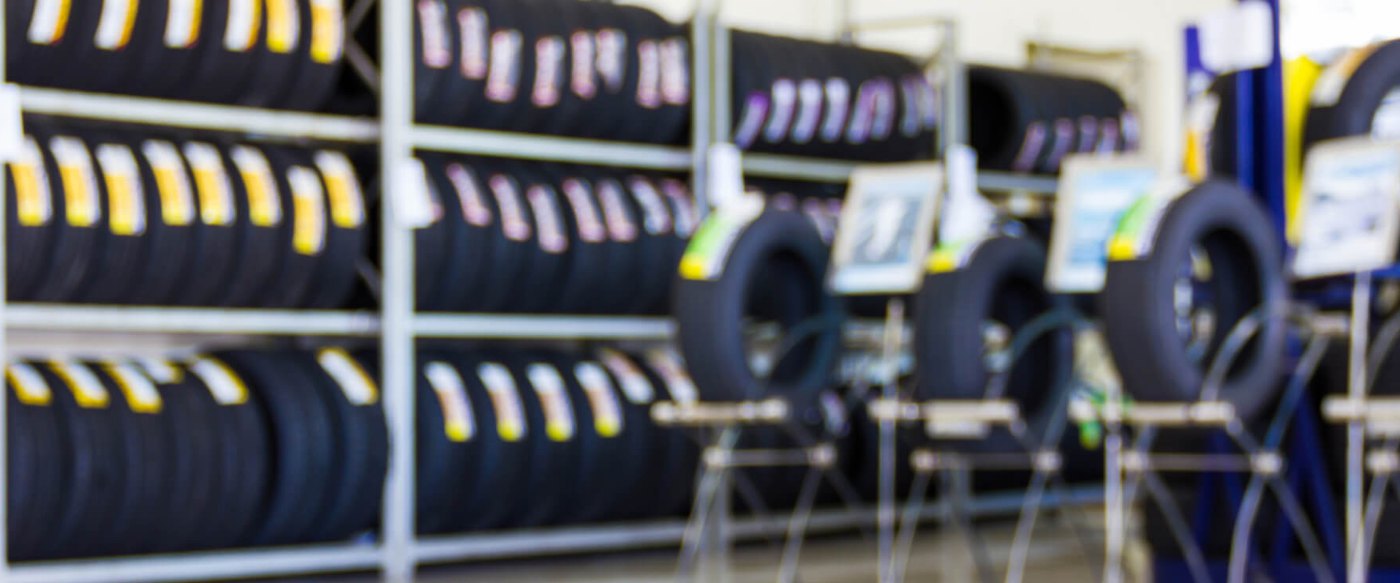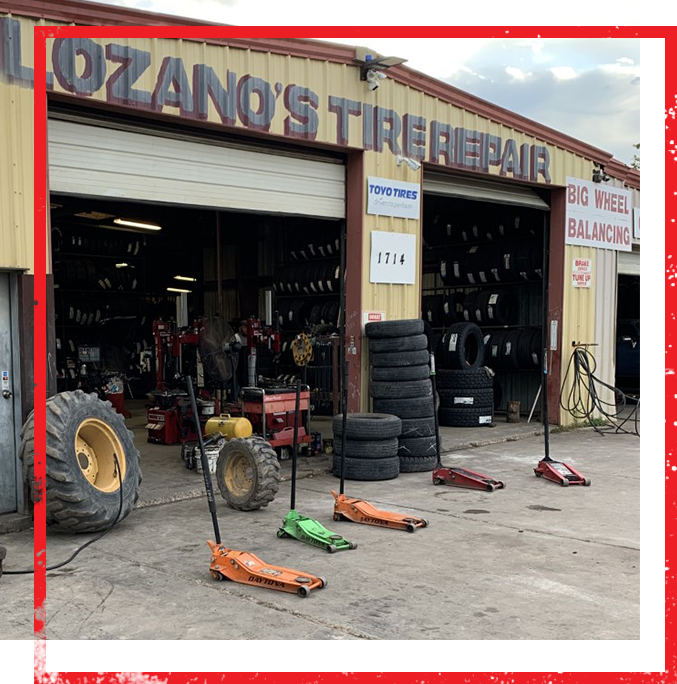The Ecological Advantages of Correct Tire Upkeep
Preserving correct tire care is usually ignored, yet its influence on the environment is profound. Correct tire maintenance not only prolongs the lifespan of tires but additionally decreases garbage dump waste and adds to boosted air quality.
Minimized Gas Consumption
Improving tire upkeep practices can lead to a significant reduction in fuel usage for automobiles. According to the United State Department of Energy, underinflated tires can reduce gas mileage by 0.2% for every 1 psi decrease in pressure in all four tires.
In addition to tire pressure, routine tire rotations and alignments additionally play an important function in fuel efficiency. Unevenly worn tires can boost gas usage as the engine works harder to keep rate and grip. By preserving appropriate alignment and rotating tires at recommended intervals, drivers can ensure even extend the life and use of their tires, eventually conserving fuel and minimizing their carbon footprint.
Extended Tire Life Expectancy
Prolonging the lifespan of tires is a key aspect of efficient car maintenance methods that can produce cost financial savings and environmental advantages over time. By correctly keeping tires, motorists can substantially prolong their functionality, lowering the regularity at which brand-new tires need to be manufactured and old ones dealt with. This not only conserves valuable sources however also lessens the energy and exhausts associated with tire manufacturing and disposal processes.
Routinely examining tire pressure, revolving tires, and guaranteeing correct positioning are important actions in prolonging tire life-span. Sufficient step depth is vital for optimal grip and safety, however it additionally contributes in for how long tires can be utilized prior to requiring substitute. Furthermore, staying clear of aggressive driving actions that speed up tire wear, such as rough braking and doglegs, can even more boost tire sturdiness.
Ultimately, increasing the longevity of tires with aggressive upkeep not only benefits the setting by reducing waste and saving sources but likewise brings about cost savings for car proprietors by delaying the demand for new tire acquisitions.
Lower Exhausts Result
Reliable tire upkeep practices add to a reduction in discharges outcome, straightening with ecological sustainability objectives in the automotive industry. Properly inflated tires, on a regular basis rotated and aligned, can enhance fuel efficiency, thus lowering the overall carbon dioxide emissions from vehicles. When tires are underinflated, the engine should work more difficult to push the automobile, causing raised gas intake and greater discharges. By preserving ideal tire stress degrees, motorists can assist reduce these negative ecological influences.
Additionally, well-kept tires also improve traction and reduce rolling resistance, additionally enhancing gas performance. This, subsequently, lowers the quantity of exhaust gases launched into the ambience. Furthermore, guaranteeing tires are properly blown up and straightened can extend the life-span of the tires, lowering the frequency of tire substitutes and the associated ecological prices of tire production and disposal.

Reduced Garbage Dump Waste
Given the positive effect of appropriate tire maintenance on decreasing exhausts result, an additional substantial ecological benefit is the possibility for decreased garbage dump waste. By ensuring that tires are appropriately inflated, lined up, well balanced, and revolved routinely, their life expectancy can be dramatically expanded.

Improved Air Quality
Enhancing air quality with correct tire maintenance methods is a crucial facet of sustainable environmental stewardship. When tires are underinflated, they produce much more rolling resistance, causing enhanced gas consumption and higher emissions of hazardous toxins such as carbon monoxide gas and nitrogen oxides. Appropriately filled with air tires not just enhance gas effectiveness yet additionally lower the quantity of toxins launched into the air.
In addition, well-kept tires with appropriate tread depth and alignment add to much safer driving problems, decreasing the likelihood of mishaps that can result in the release of useful content added contaminants right into the environment. By prolonging the life expectancy of tires with routine anchor upkeep and turning, fewer tires are thrown out prematurely, reducing the ecological effect of tire disposal and production processes.
Verdict
Finally, proper tire maintenance uses numerous environmental advantages. By lowering fuel consumption, prolonging tire life expectancy, reducing exhausts output, lowering landfill waste, and boosting air high quality, people can contribute to a much healthier planet. These initiatives not just profit the setting however likewise assist to preserve sources and lower total environmental effect. It is essential for individuals to prioritize tire maintenance as an easy yet reliable way to protect the environment for future generations.
Appropriate tire upkeep not only expands the lifespan of tires yet also decreases garbage dump waste and contributes to improved air high quality - morris tire. By preserving appropriate alignment and rotating tires at advised periods, drivers can ensure also extend the life and use of their tires, ultimately conserving fuel and minimizing their carbon footprint
By effectively keeping tires, motorists can substantially prolong their usability, reducing the regularity at which brand-new tires require to be manufactured and old ones disposed of.Frequently examining tire pressure, revolving tires, and ensuring correct alignment are vital steps in prolonging tire life expectancy. Furthermore, making sure tires are effectively blown up and straightened can extend the life-span of the tires, lowering the regularity of tire substitutes and the connected ecological expenses of tire production and disposal.